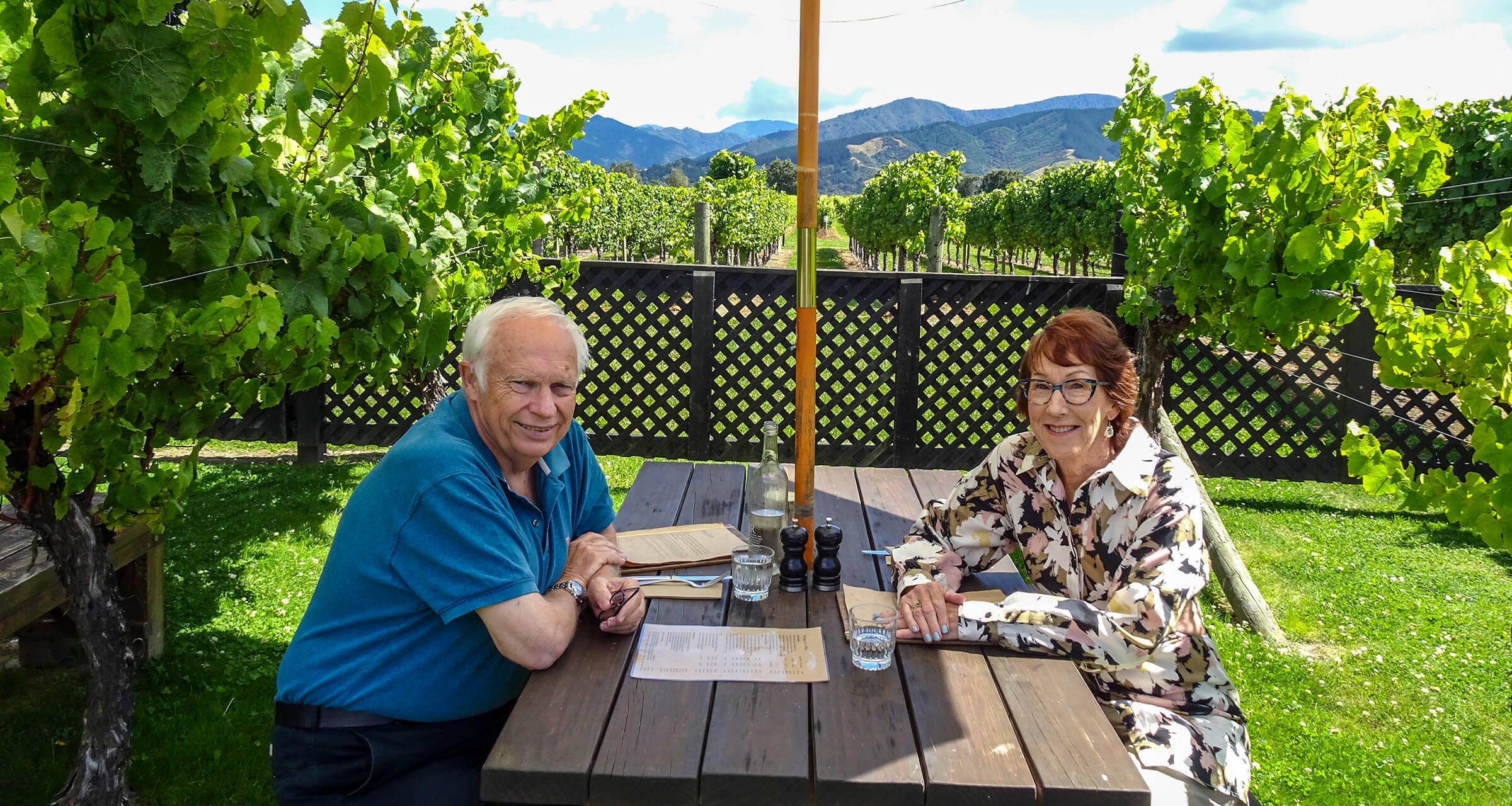
19 Mar 2023
Ten Self-Care Tips when Caring for Others
Self-care is essential for taking care of ourselves, and for taking better care of others in our care.
Two years ago my husband, Steve, had a stroke which led to changes in his cognitive functions.
As a fulltime care partner, I have accepted our changed circumstances. We have made some big adjustments, letting go of the life we were living to make way for a different lifestyle. I am sharing what I have learned from this in the hope that it will help others.
Fulltime caregiving can be tedious, exhausting, and emotionally challenging, yet it can also be uplifting and rewarding.
1. Separate what you can influence from what you can control.
Stephen Covey* distinguishes between proactive people (who focus their efforts on what they can do) and reactive people (who focus their energy on things outside their control).
For example, we are unable to control what others say or do or to change societal norms. We can however influence how we respond to our unique situation, which includes taking care of our needs.
2. Self-care requires constant daily effort, looking after mind and body.
My regular routine includes mindful meditation, journal writing and being active outdoors. These positive daily habits have helped to keep me calm and centred when things go wrong.
3. Focus on what you have, rather than what you have lost.
“Do what you can, with what you have, where you are.” – Theodore Roosevelt
Despite the challenges of a stroke, our lives continue to be enjoyable and meaningful. We are recalibrating, understanding that further adjustments will be required from time to time.
4. A physical health setback or brain impairment challenges a person’s identity.
It is important to remind our partners and parents, as well as ourselves, that they are the same person inside, despite any external limitations.
5. Learn to adjust and walk at your own pace.
It takes longer to follow morning routines than before Steve’s stroke. I have extra duties as sole driver, planner and organiser of our days. Steve takes longer to complete tasks and tires more easily, so I need to be patient and flexible about what can be done.
6. Take a step back and look at the bigger picture.
It is easy to lose perspective when someone close to you is vulnerable. Living in the present, appreciating the little things (the warm glow of a sunset, the wonder of a rainbow) and remembering we are part of something bigger puts it all in perspective.
7. Respect your differences and avoid comparisons with others.
I am grateful that Steve retains a steady equilibrium. He thrives on maintaining a regular daily routine whereas I delight in variety and new challenges. He gets a bit emotional sometimes, but not often. I’m usually the more emotional one, with good days and not so good days.
8. Reach out to others for help and support.
I recently joined the Modern Elders Caring for Others (MECO) affinity and support group. We talk about the reality our situation, share coping mechanisms, tips and resources with one another.
Steve and I are fortunate to have neighbours we can call on in an emergency. The Stroke Foundation has provided useful information and connected us with others in the local community.
9. Find ways to nurture yourself.
Spending time in nature is a wonderful way to refresh and reenergise. Do what suits you - reading a book, listening to your favourite music or meeting a friend for a coffee.
Take longer breaks when you can. I recently joined a friend on a two-day coastal walk in the South Island, putting in place some support systems while I was away.
10. Accept you won’t always get it right.
Caregiving is stressful and demanding. We have doubts about how we can cope. Are we doing the right thing? Be gentle with yourself and treat each day as a fresh start.
As care partners, we are jointly taking care of our health and wellbeing. We are making the most of what we have, enjoying special times together and making every moment count.
* Stephen Covey, The 7 Habits of Highly Effective People (1989)
